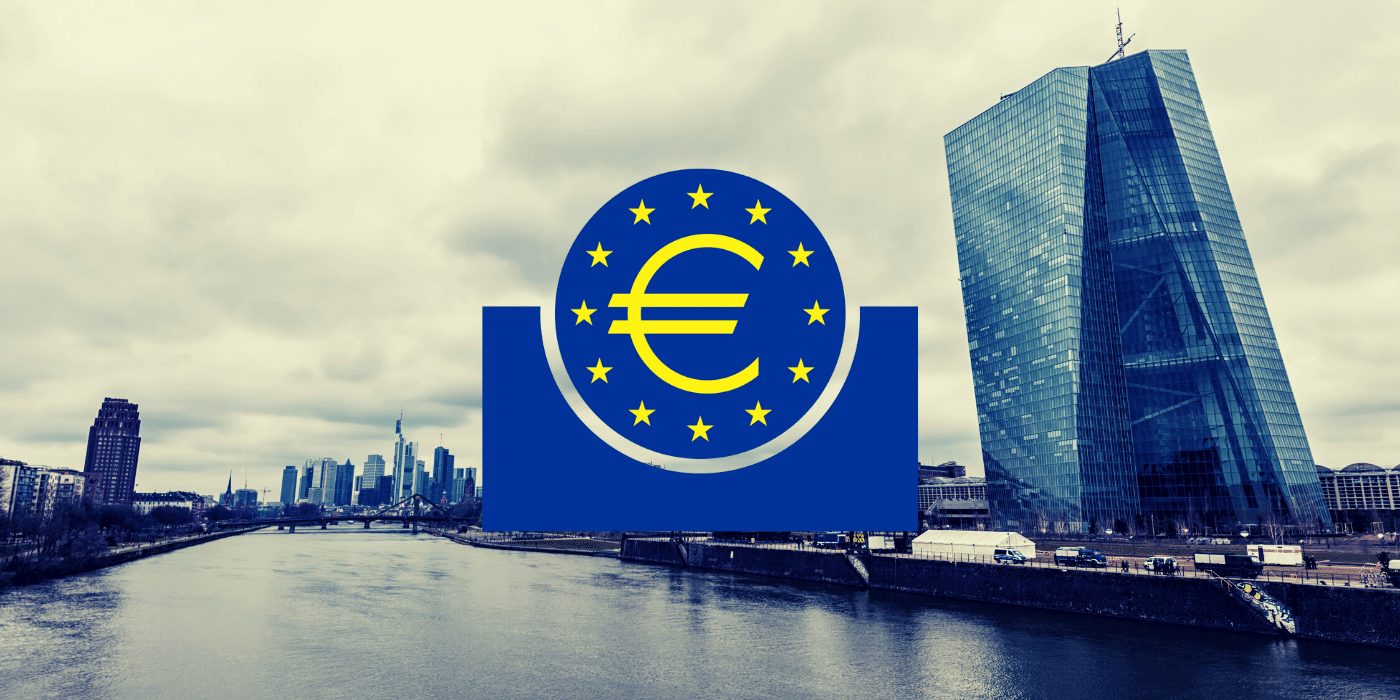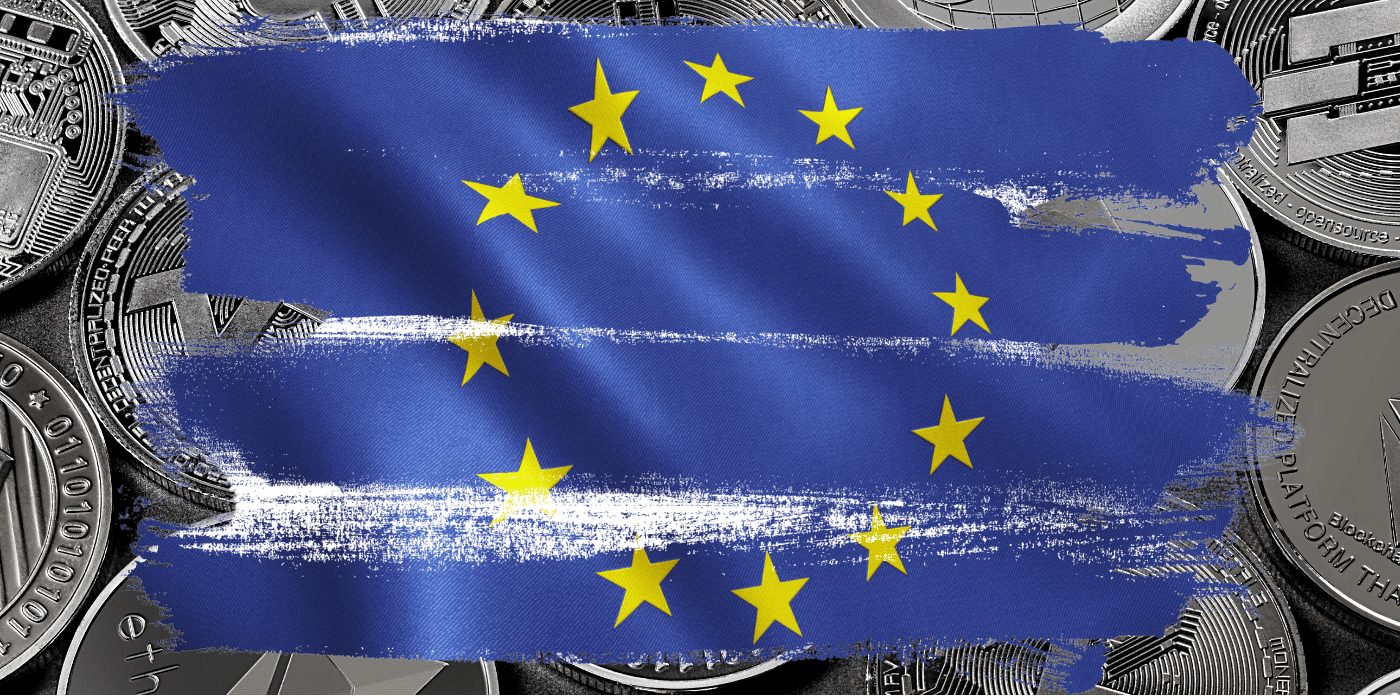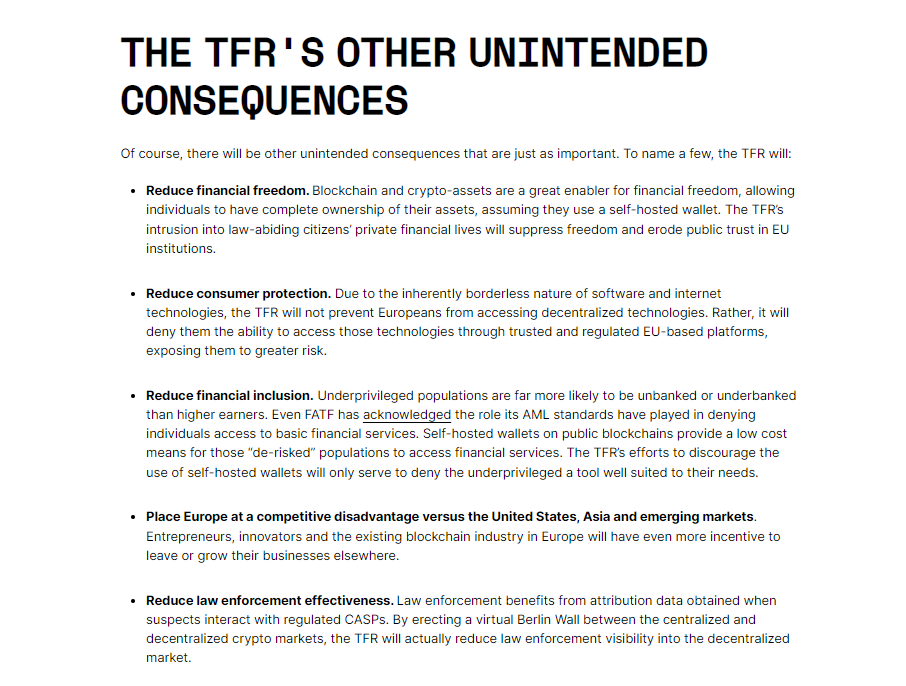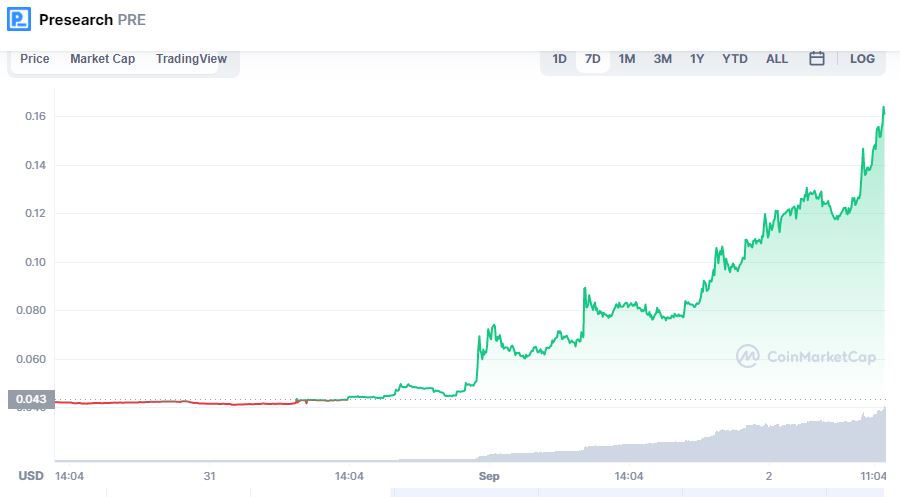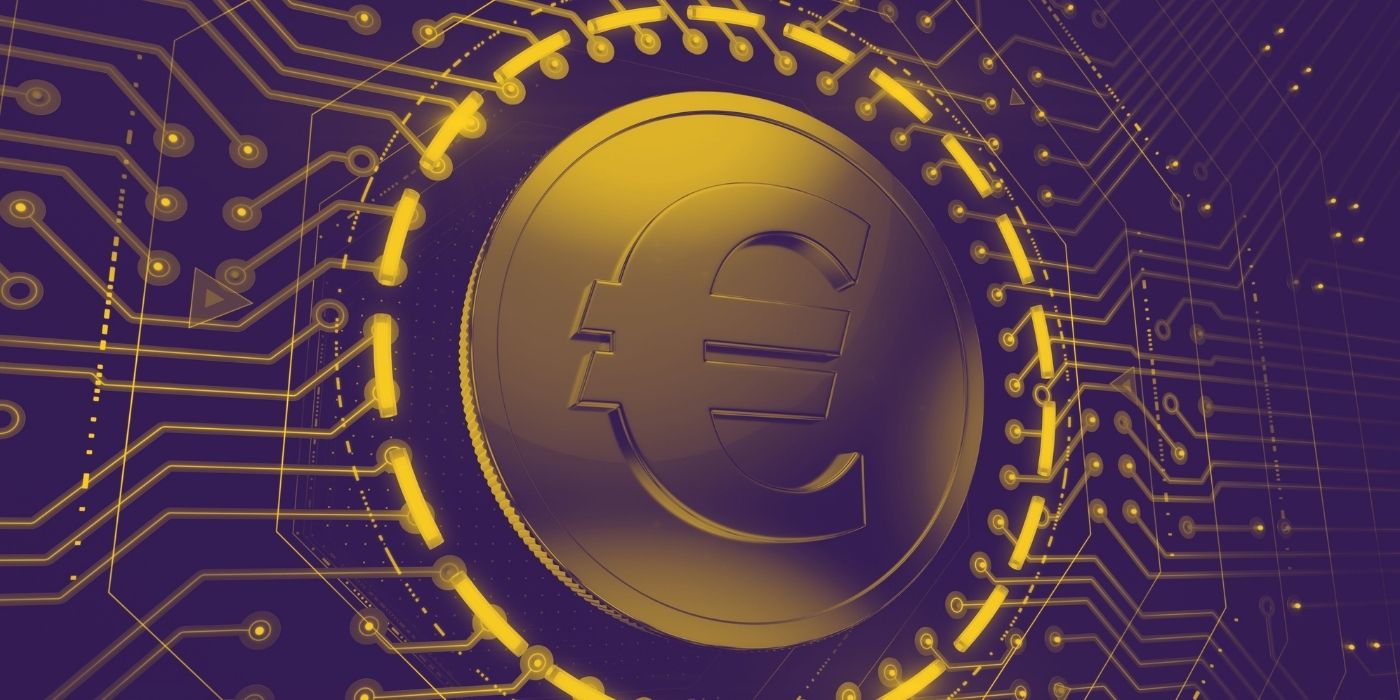The European Central Bank’s executive board member Fabio Panetta has announced that the ECB will limit the digital euro to a maximum supply of 1.5 trillion euros.
Panetta appeared before the European Parliament’s Committee on Economic and Monetary Affairs to report on the development of a digital euro as the program reaches the one-year mark:
Eurozone Set to Launch CBDC in Four Years
Since the eurozone’s central bank initiated a two-year investigation into a possible digital currency in July 2021, Panetta has said he was optimistic that a central bank digital currency (CBDC) would be ready for launch within four years. Panetta told the committee that should a digital euro be issued, it would be capped at 1.5 trillion euros as a major concern with a CBDC is that consumers might keep all their money in digital format, which would in effect mean depositing their entire savings with the central bank and starving consumer banks of the funds they need to lend to businesses and individuals.
Panetta said in a statement: “Keeping total digital euro holdings between one trillion and one-and-a-half trillion euro would avoid negative effects for the financial system and monetary policy.” He added: “As the population of the euro area is currently around 340 million, this would allow for holdings of around 3,000 to 4,000 digital euro per capita.”
Panetta continued by saying that many Europeans are “not enthusiastic, to put it mildly, about the digital euro”. This, he said, was partly due to the fact that very few people understand what a digital euro is because “it’s complicated”.

